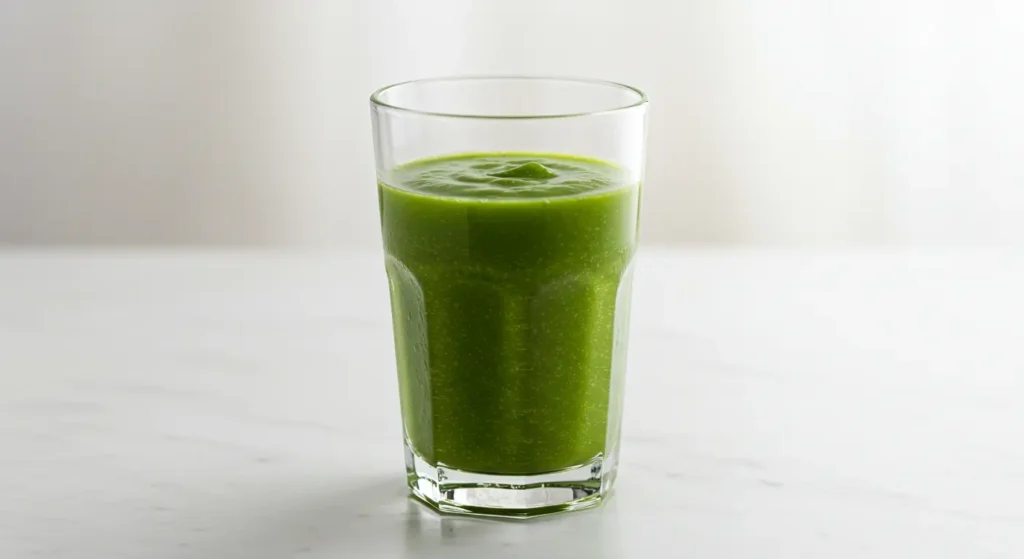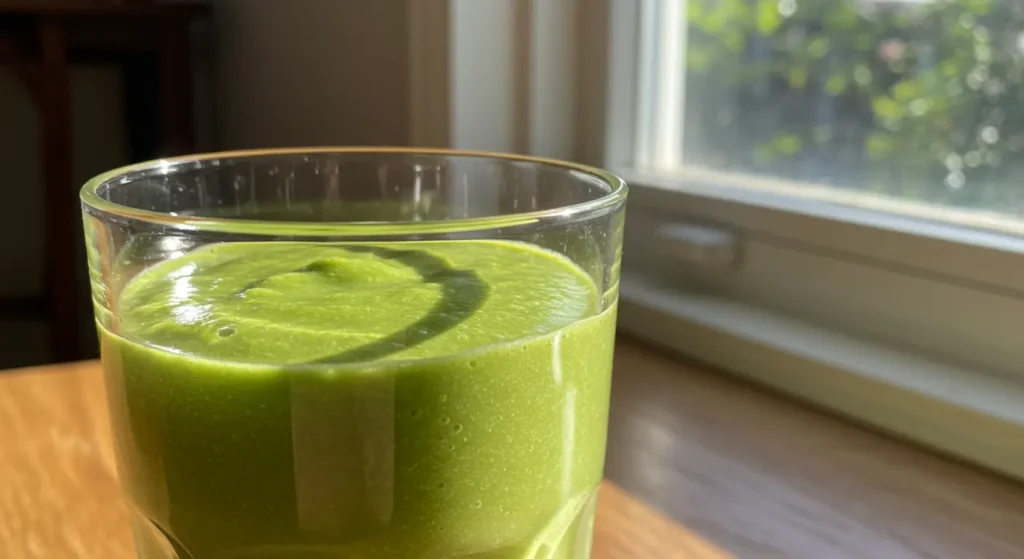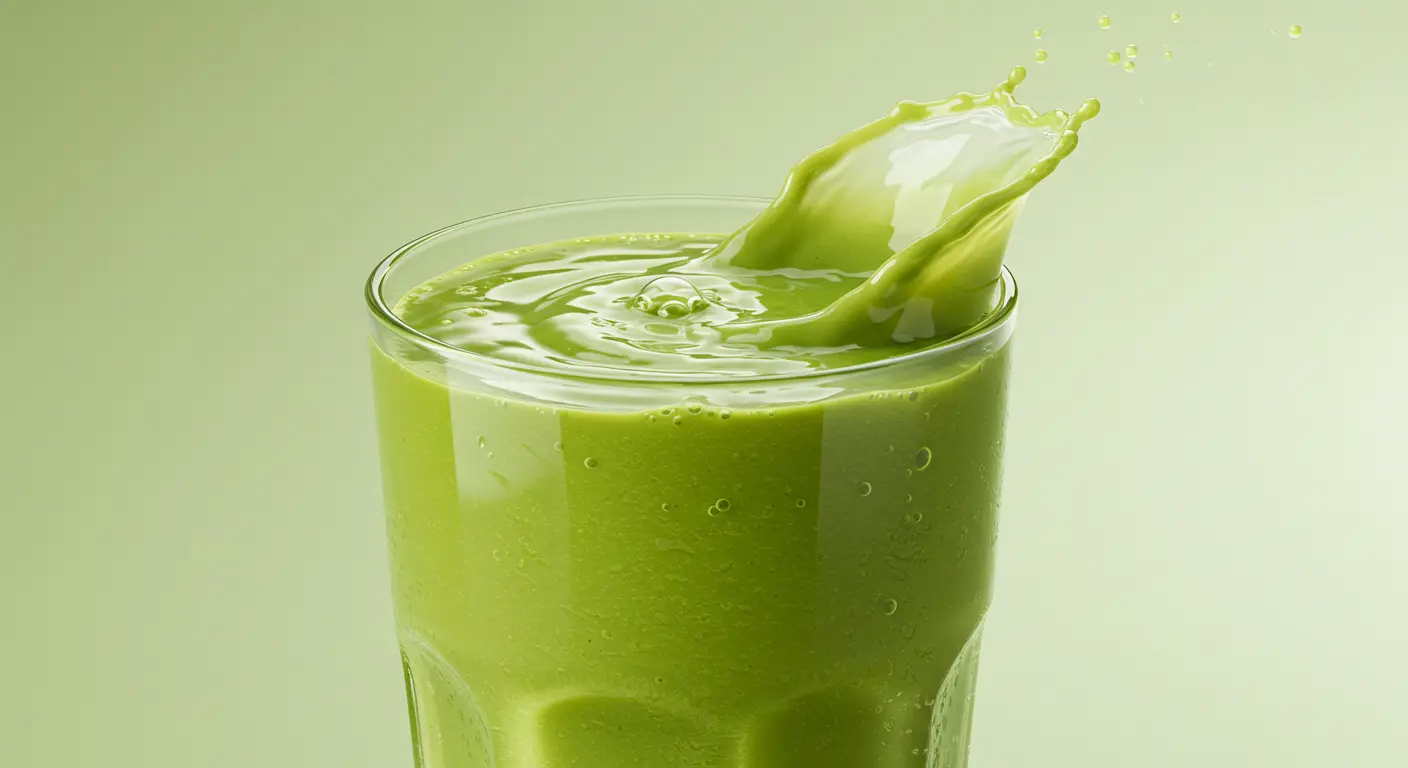Avocado juice combines the nutritional powerhouse of avocados with the convenience of a drinkable format, offering numerous health advantages in every sip.
The Rising Popularity of Avocado Juice in Health Circles
The smooth, creamy texture of avocado has made its way from toast and guacamole into your glass. Avocado juice has gained significant attention in recent years, and for good reason. This versatile drink offers a unique combination of taste and health benefits that many other beverages simply can’t match.
Unlike heavily processed juices loaded with sugar, avocado juice provides a natural alternative packed with nutrients. The mild flavor of avocados makes them an excellent base for juices, allowing for endless customization with fruits, vegetables, and natural sweeteners to create a delicious health elixir.
But what exactly makes avocado juice stand out in the crowded wellness drink market? Let’s dive into the impressive range of benefits this green drink offers.
What Is Avocado Juice Good For? The Core Health Benefits
Avocado juice isn’t just trendy—it delivers substantial health improvements when consumed regularly. Here are the key ways this nutritious drink can enhance your wellbeing:
Heart Health Support
Avocados contain monounsaturated fats—the “good” kind that help maintain healthy cholesterol levels. When these beneficial fats are incorporated into juice form, they retain their heart-protective qualities.

Research shows that regular consumption of foods rich in monounsaturated fats can lower LDL (bad) cholesterol while maintaining or even increasing HDL (good) cholesterol. This favorable shift in your lipid profile helps reduce the risk of heart disease and stroke.
Additionally, avocados provide potassium, which helps regulate blood pressure by counteracting the effects of sodium. A single serving of avocado juice can deliver a significant amount of your daily potassium needs, supporting healthy blood pressure levels.
Enhanced Nutrient Absorption
One of the most unique advantages of avocado juice is its ability to boost your body’s absorption of other nutrients. The healthy fats in avocados help your body absorb fat-soluble vitamins (A, D, E, and K) from other foods you eat.
This means adding avocado juice to your meal can actually help you get more nutritional value from the rest of your plate. For example, pairing avocado juice with a salad can increase the absorption of beneficial plant compounds like carotenoids by up to 15 times.
Weight Management Support
Despite being relatively high in calories compared to other fruits, avocados—and by extension, avocado juice—can actually help with weight management goals. The healthy fats and fiber in avocado juice promote feelings of fullness, which can reduce overall calorie intake throughout the day.
A study published in the journal Nutrients found that people who regularly consumed avocados were more likely to have lower body weights and smaller waist measurements than those who didn’t eat them.

Skin and Hair Health Improvement
The benefits of avocado juice extend beyond internal health to visible improvements in skin and hair. The vitamin E content in avocados acts as an antioxidant that helps protect skin cells from damage caused by free radicals and environmental factors.
Regular consumption of avocado juice can contribute to:
- More hydrated skin
- Improved skin elasticity
- Stronger hair
- Reduced signs of premature aging
Many people report a noticeable “glow” after adding avocado juice to their regular diet, likely due to the combination of healthy fats, vitamins, and antioxidants working together.
How Avocado Juice Supports Digestive Health
Digestive wellness forms the foundation of overall health, and avocado juice offers several benefits in this area.
Fiber Content for Regular Digestion
While juicing typically removes fiber from fruits and vegetables, avocado juice is different. Because avocados are blended rather than pressed through a traditional juicer, the fiber remains in the drink. This fiber helps maintain regular bowel movements and feeds beneficial gut bacteria.
A single serving of avocado juice can provide up to 5 grams of fiber, depending on preparation methods and additional ingredients. This represents a significant contribution toward the recommended daily intake of 25-30 grams.
Anti-Inflammatory Effects
Chronic inflammation in the digestive tract can lead to various uncomfortable symptoms and conditions. Avocados contain compounds with anti-inflammatory properties that may help soothe the digestive system.
The combination of healthy fats, antioxidants, and plant compounds in avocado juice works together to reduce inflammation throughout the body, including the digestive tract.
Avocado Juice for Brain Function and Mental Wellness
Your brain needs proper nutrition just as much as the rest of your body, and avocado juice delivers several brain-supporting nutrients.
Omega Fatty Acids for Cognitive Health
The healthy fats found in avocados include omega-3 and omega-6 fatty acids, which are essential for brain function. These compounds form part of cell membranes in the brain and influence neurotransmitter function.
Regular consumption of these beneficial fats through avocado juice may help:
- Improve memory
- Enhance focus and concentration
- Support overall cognitive function
- Protect against age-related cognitive decline
Stress Reduction Properties
Avocados contain B vitamins, particularly B6, which play important roles in mood regulation and stress management. B vitamins help your body produce neurotransmitters like serotonin and dopamine, which influence mood and stress responses.
The magnesium content in avocados also helps regulate the body’s stress response by calming the nervous system. A glass of avocado juice can therefore serve as a natural stress-management tool.

What Is Avocado Juice Good For During Pregnancy?
Pregnancy creates increased nutritional demands, and avocado juice can help meet several of these needs safely and deliciously.
Folate for Fetal Development
Avocados are an excellent source of folate, a B vitamin that’s critically important during pregnancy for preventing neural tube defects. A single avocado provides approximately 20% of the daily folate requirement for pregnant women.
Converting avocados into juice makes it easier for pregnant women who may experience texture aversions to still obtain these benefits. Additionally, the smooth texture of avocado juice can be more appealing during morning sickness episodes than solid foods.
Healthy Fat for Baby’s Brain Development
The healthy fats in avocado juice, particularly omega-3 fatty acids, support fetal brain and nervous system development. These fats are building blocks for brain tissue and help establish the foundation for future cognitive abilities.
How to Make Nutrient-Rich Avocado Juice at Home
Creating your own avocado juice allows you to control ingredients and customize flavors according to your preferences.
Basic Avocado Juice Recipe
Ingredients:
- 1 ripe avocado
- 1 cup almond milk or water
- 1 tablespoon honey or maple syrup (optional)
- 1/2 teaspoon vanilla extract (optional)
- Ice cubes
Instructions:
- Cut the avocado in half, remove the pit, and scoop out the flesh.
- Place avocado flesh in a blender.
- Add liquid, sweetener if using, and vanilla.
- Blend until completely smooth.
- Add ice and blend again until desired consistency is reached.
- Serve immediately for best flavor and nutritional value.
Flavor Variations and Add-ins
The mild flavor of avocado juice makes it an excellent canvas for additional healthy ingredients:
- Tropical Blend: Add pineapple, mango, or banana for sweetness
- Green Power: Include spinach, kale, or cucumber for added nutrients
- Protein Boost: Add a scoop of plant-based protein powder
- Spice It Up: Try a pinch of cinnamon, nutmeg, or cardamom
Each addition brings its own nutritional benefits while creating different flavor profiles to keep your avocado juice routine interesting and enjoyable.
When Is the Best Time to Drink Avocado Juice?
The timing of your avocado juice consumption can enhance specific benefits.
Morning Consumption for Energy
Starting your day with avocado juice provides sustained energy thanks to the healthy fats and nutrients. Unlike caffeine, which can cause energy crashes, the nutrients in avocado juice offer steady fuel for morning activities.
Morning consumption also allows the vitamins and minerals to support your metabolism throughout the day, potentially enhancing calorie burning and energy production.
Pre- or Post-Workout Nutrition
Avocado juice works well as part of your exercise nutrition plan:
- Pre-workout: Consumed 1-2 hours before exercise, avocado juice provides energy without heaviness.
- Post-workout: The healthy fats and protein (if added) support muscle recovery and reduce inflammation after intense activity.
The potassium content also helps prevent muscle cramps and aids in proper hydration, making it especially beneficial for endurance activities.
Potential Considerations When Adding Avocado Juice to Your Diet
While avocado juice offers numerous benefits, there are a few points to consider:
Calorie Content Awareness
Avocados are relatively high in calories compared to most fruits. A medium avocado contains approximately 240 calories, meaning a glass of avocado juice can easily provide 200-300 calories depending on additional ingredients.
This doesn’t mean you should avoid avocado juice—rather, be mindful of portion sizes and consider it part of your overall daily calorie intake, especially if weight management is a goal.
Ripeness Matters for Nutrient Content
The nutritional profile of avocado juice depends largely on the ripeness of the avocados used. For maximum nutrient availability:
- Choose avocados that yield slightly to gentle pressure
- Avoid overly soft or hard avocados
- Use immediately after preparing for best nutrient preservation
Properly ripened avocados not only provide better nutrition but also blend more smoothly for the ideal juice texture.
Comparing Avocado Juice to Other Health Drinks
How does avocado juice stack up against other popular health beverages?
Avocado Juice vs. Green Smoothies
Both avocado juice and traditional green smoothies offer substantial nutrition, but they differ in key ways:
- Texture: Avocado juice typically has a creamier, more indulgent mouthfeel
- Satiety: The fat content in avocado juice generally provides better hunger control
- Taste: Avocado juice usually has a milder flavor that masks greens well
- Sugar content: Avocado juice naturally contains less sugar than fruit-based green smoothies
For those who find the grassy taste of green smoothies challenging, avocado juice offers a gentler introduction to nutrient-dense beverages.
Avocado Juice vs. Protein Shakes
While protein shakes focus primarily on—you guessed it—protein, avocado juice offers a different nutritional profile:
- Macronutrients: Avocado juice emphasizes healthy fats rather than protein
- Additives: Commercial protein shakes often contain artificial ingredients, while homemade avocado juice can be completely natural
- Digestion: Many people find avocado juice easier to digest than protein concentrates
For ideal nutrition, some health enthusiasts combine the concepts by adding clean protein powder to avocado juice for a complete meal replacement.
Frequently Asked Questions
What is the best time to drink avocado juice?
The best time to drink avocado juice depends on your specific health goals. For energy and metabolism support, morning consumption is ideal. For muscle recovery, drinking it after exercise provides the most benefits. If using avocado juice for its satiety effects to manage weight, consuming it 30 minutes before meals can help reduce overall food intake. Generally, any time of day works well, as the nutrients are beneficial regardless of timing.
What does avocado do to the body?
Avocado provides numerous benefits throughout the body. It supplies healthy monounsaturated fats that support heart health and brain function. The high potassium content helps regulate blood pressure and fluid balance. Avocados deliver antioxidants that protect cells from damage and reduce inflammation. They also provide fiber for digestive health, vitamins for immune function, and compounds that support skin health. Additionally, the nutrients in avocados help regulate blood sugar levels and may improve insulin sensitivity.
